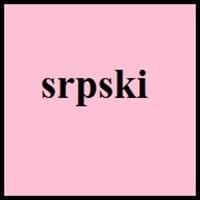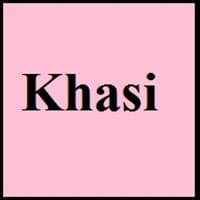Serbian greetings vs Khasi greetings
Please in Serbian and Khasi
When you want to request someone for something then it is necessary to say please. But if you don't know how to say please in Serbian and Khasi then it disappointing. So, Serbian Greetings vs Khasi greetings helps us to learn please in Serbian and Khasi language.
- Please in Serbian : Молим (Molim).
- Please in Khasi : Sngewbha.
In some situations, if you need to apologize then Serbian greetings vs Khasi greetings provides to say sorry in Serbian and Khasi language.
- Sorry in Serbian : Жао ми је (Žao mi je).
- Sorry in Khasi : Map.
You can also learn useful phrases of Best Languages to Learn.
How are you in Serbian and Khasi
After you say hello to someone then you will want to ask how are you? And if you wish to know what's how are you in Serbian and Khasi then Serbian greetings vs Khasi greetings helps you.
- How are you in Serbian is Како си? (Kako si?).
- How are you in Khasi is Kumno phi long?.
Even though greetings remain same in almost all the dialects of the language, their pronunciations and accents vary from each dialect to dialect. Know more about such dialects on Serbian vs Khasi Dialects.
Other Serbian and Khasi Greetings
Are you finding few more Serbian greetings vs Khasi greetings? So let's compare other Serbian and Khasi greetings.
- Good Morning in Serbian is Добро јутро (Dobro jutro).
- Good Night in Serbian is Лаку ноћ (Laku noć).
- Good Morning in Khasi is khublei.
- Good Night in Khasi is thia sukh.





